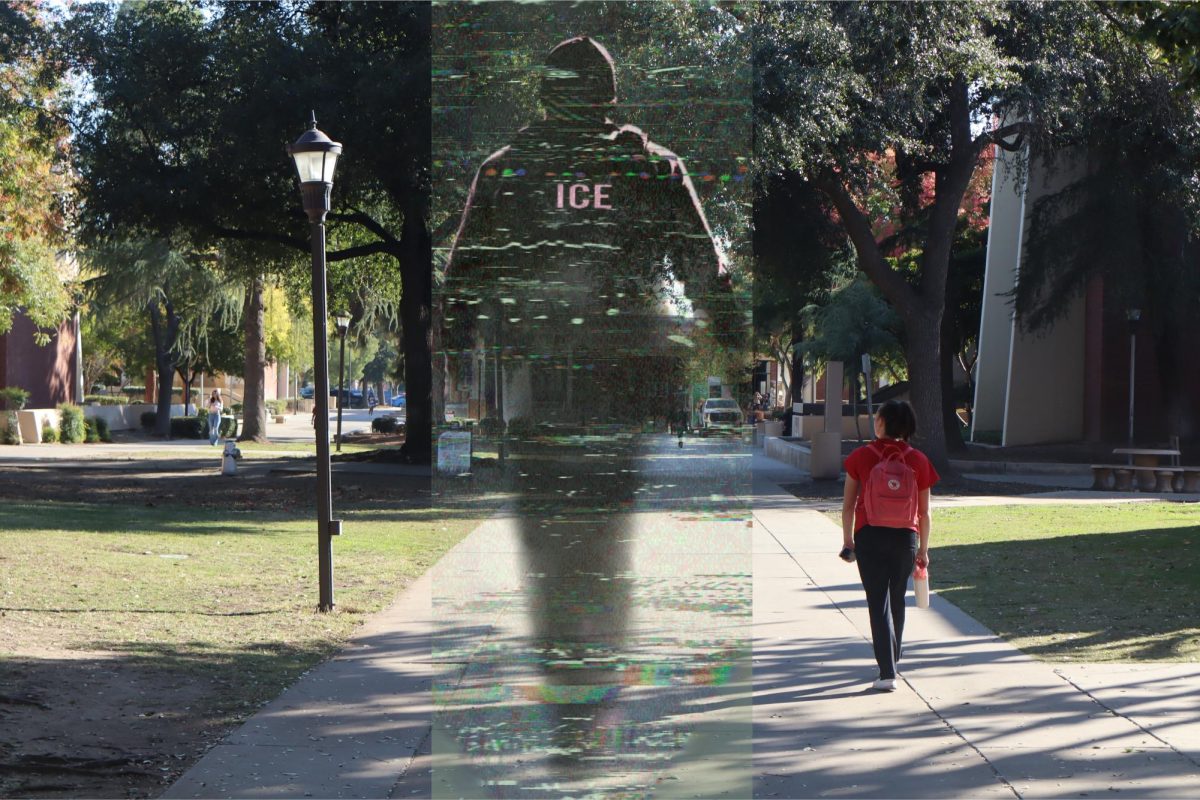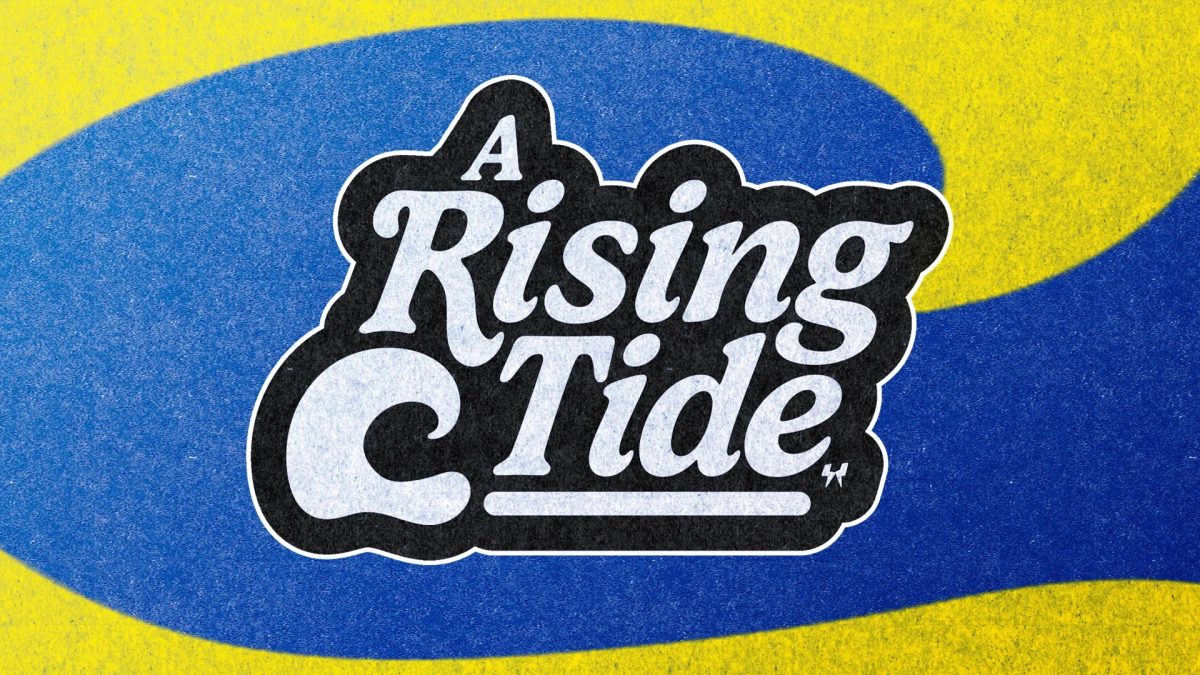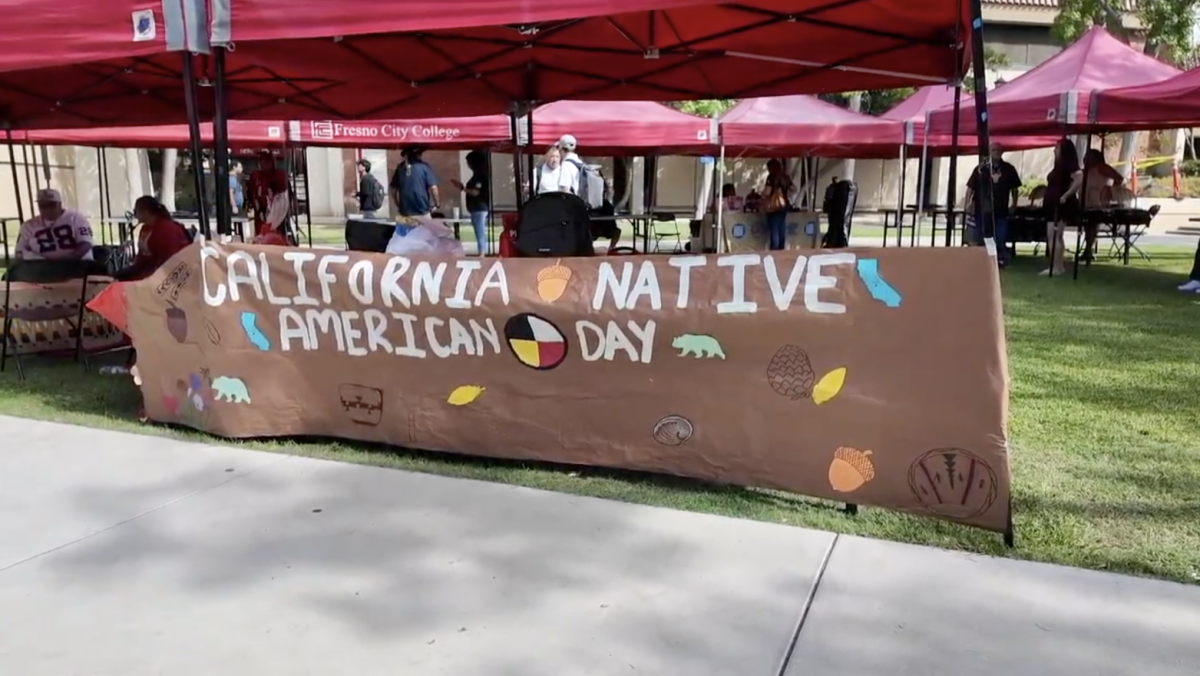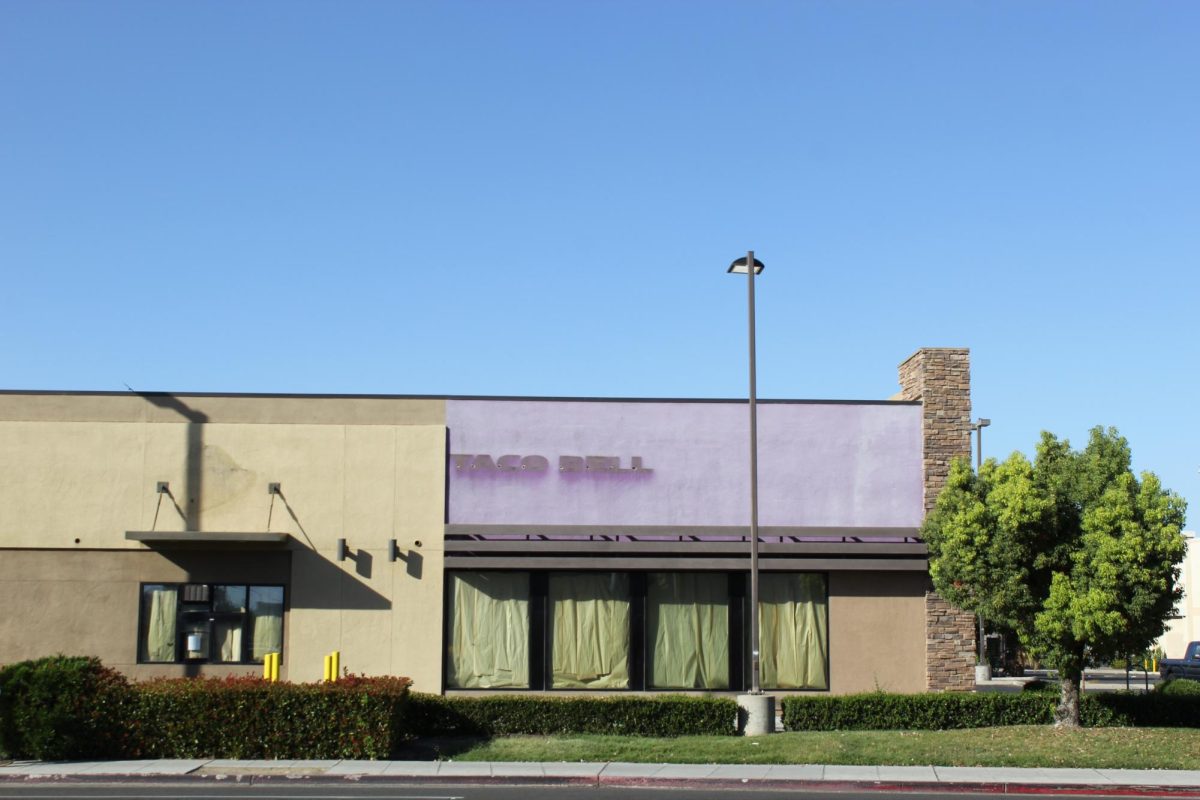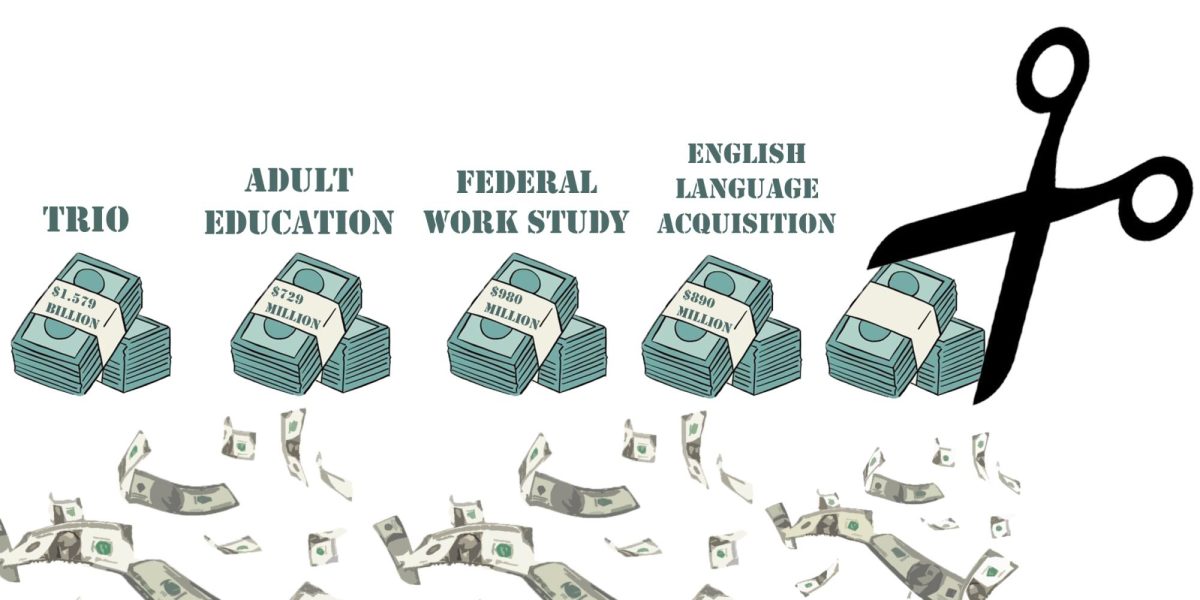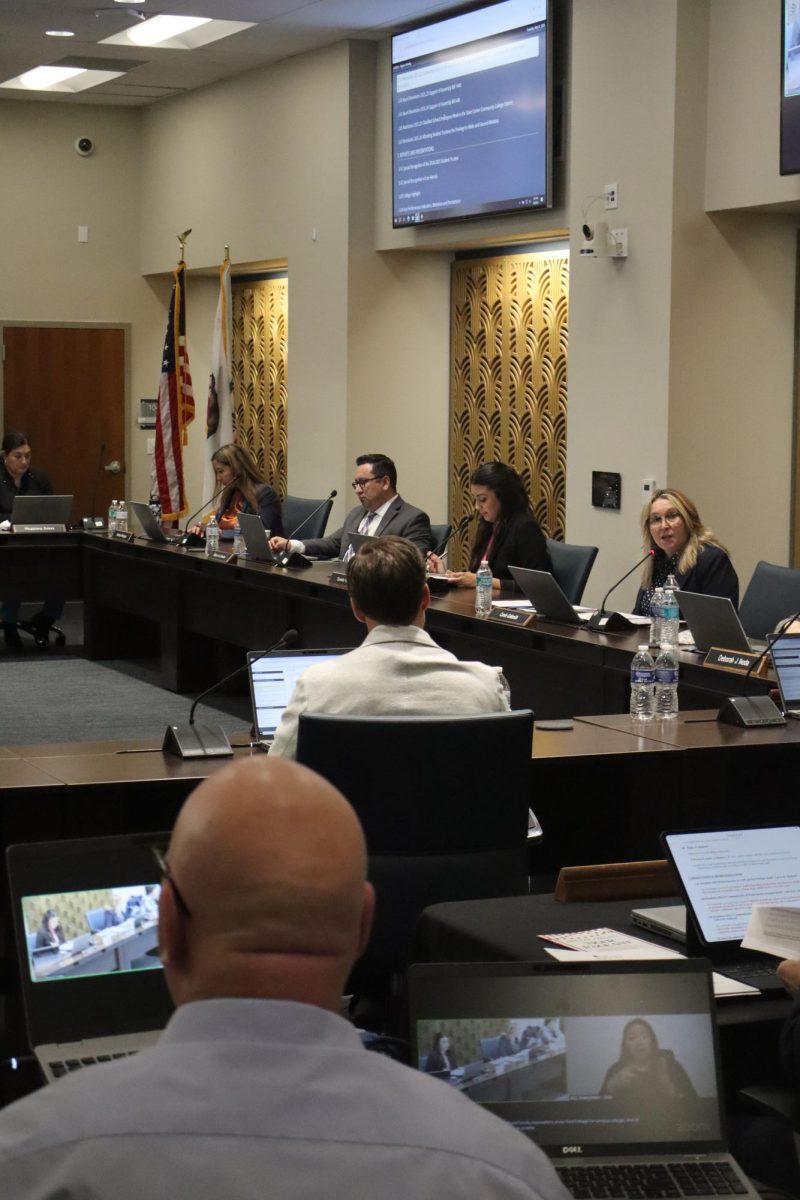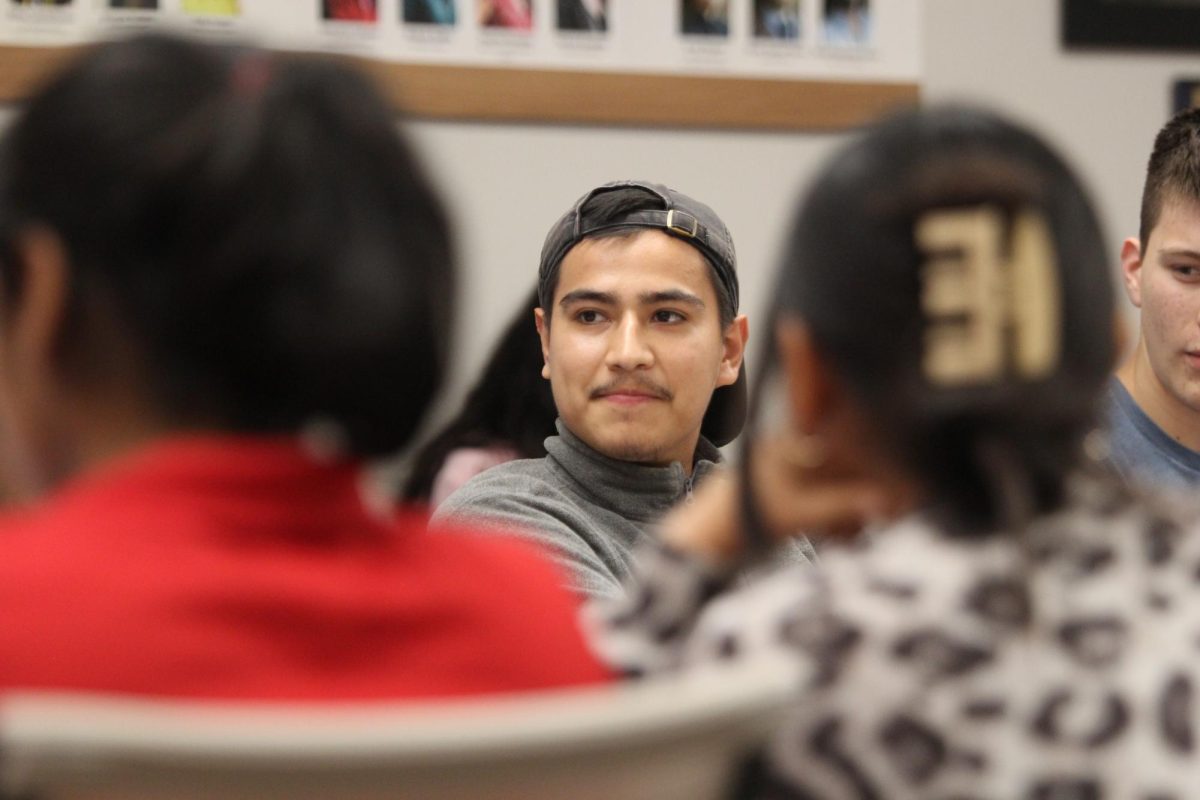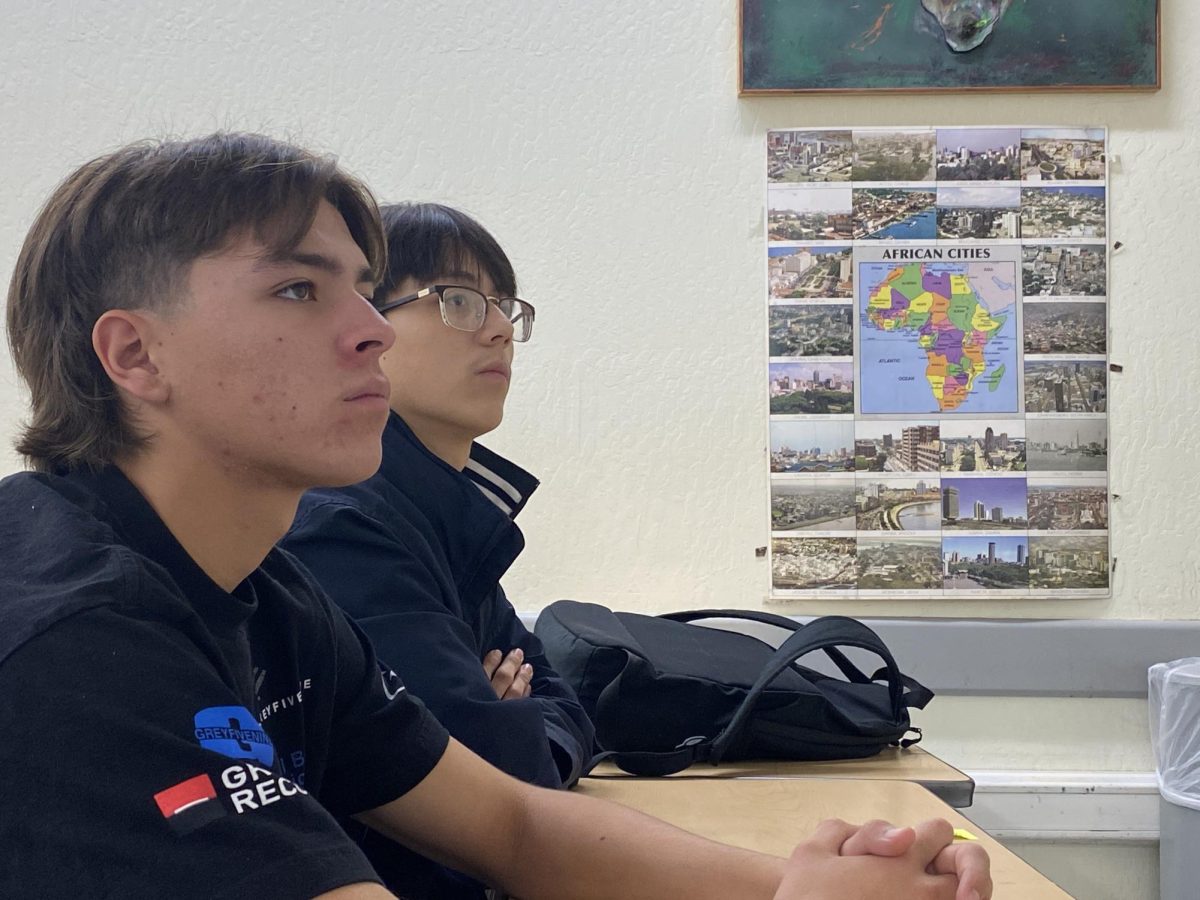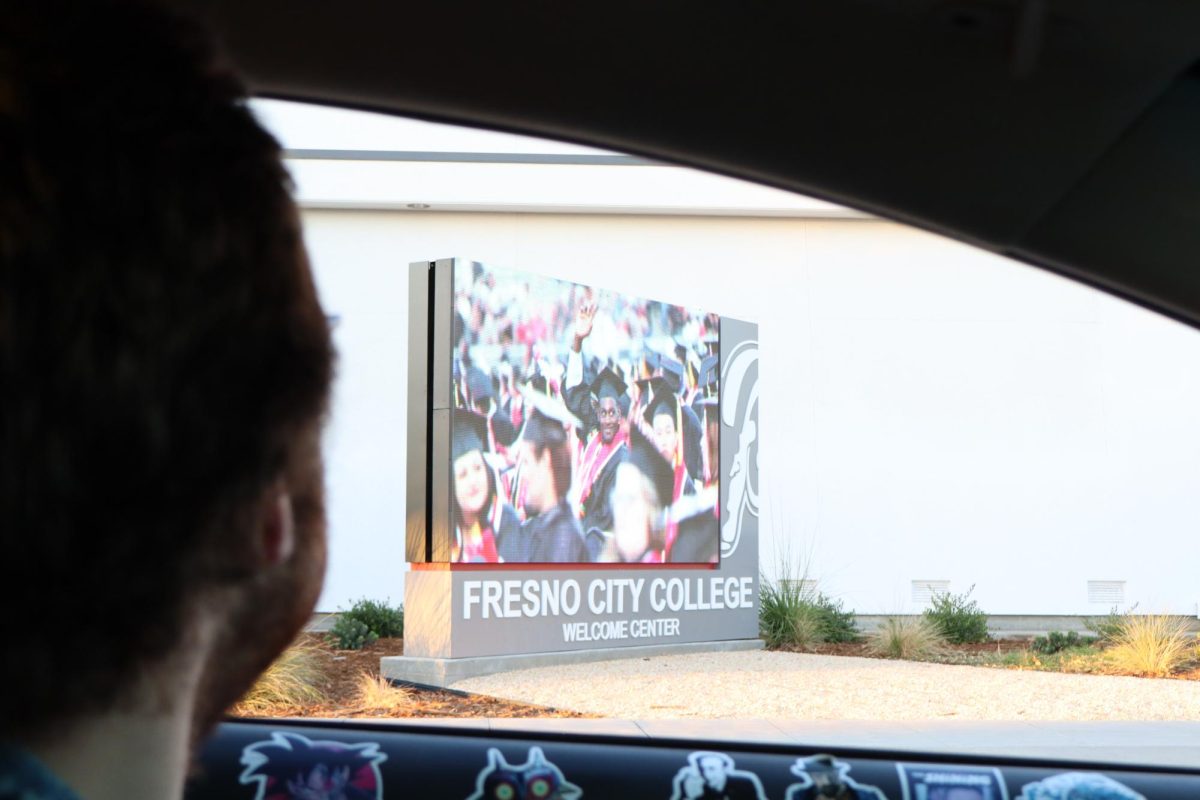Fresno City College students are engaged and eager to participate in next Tuesday’s election, according to the results of a Rampage survey conducted between Oct. 23 and 25 on campus.
After months of watching campaign pitches, FCC students will join their counterparts throughout the nation to choose between Democratic Party candidate, President Barack Obama, and a Republican nominee, former Governor of Massachusetts Mitt Romney, to be the president of the United States for the next four years.
According to the Rampage political opinion survey, 54.2 percent of FCC students expressed support for President Obama; 9.5 percent favor Gov. Romney; 19.4 percent are still undecided, and 3.9 are likely to vote for third party candidates. Forty-four percent of responders said their biggest reason for choice is economy while approximately 24 percent base their decisions on social issues.
However, not everybody is planning to contribute to the outcome of the elections. According to the political opinion survey, approximately 44 percent of FCC students who responded to the poll said they are not very likely or somewhat likely to vote this November.
FCC political science instructor Sarbjit Johal said young people usually do not vote as much as older generation.
“They’re not really settled in the communities in terms of family responsibilities – being married, having a job, except for having a part-time job,” said Johal. “So, when you get married and you have a full-time job and family, then you have more responsibilities”.
Johal also said more college students should vote to have a say in changes in the government that will impact their personal lives.
“It’s important (to vote) because a lot of decisions are being made by older people that will affect them [younger generation] in terms of leaving students with the debt,” said Johal. “You know, the national debt, deficits in the future, problems with social security.”
Among the issues motivating FCC students are the economy (44 percent); social issues (24 percent); foreign policy (4 percent); 11 percent of respondents said they are concerned about other factors.
The outcome of the November elections will affect college students in the shape their future education process will be like.
“Well, they both [President Obama and Gov. Romney] realize there is a problem with education compared to other counties, you know, we’re way behind,” said Johal. “But their approaches are different.”
Gov. Romney’s official website said he will focus on making reforms “that expand parental choice, invest in innovation, and reward teachers for their results instead of their tenure.” It would include creating a program for K-12 system that gives parents monetary vouchers to spend on education and they can choose any school they want to attend. The schools will also have to make sure they follow the high standards and give the good academic results.
“And the poor performing schools would have to either go out of business or they have to shape up. It gives parents a choice,” said Johal.
For higher education system, according to Johal, Gov. Romney would involve private banks in giving out student loans with lower rates. His plan also includes eliminating “unnecessary certification requirements that discourage new teachers”.
“Those principles, testing our kids, excellent curriculum, superb teachers, and school choice. Those are the answers to help our schools,” said Gov. Romney during his speech on Feb. 22.
President Obama’s goals, according to his official website, is to “cut tuition growth in half over the next decade” by expanding student aid and work with states as well as colleges. He has also said that his plan is to recruit 100,000 more math and science teachers over the next 10 years and reach an additional 64,000 children through Head Start and Early Head Start programs that provide services to low-income families. President Obama is also planning on bringing the proposed program that would create “new partnerships between community colleges and employers to train 2,000,000 workers for jobs that already exist.”
“A higher education can’t be a luxury – it’s an economic imperative that every American should be able to afford,” Obama stated in one of his speeches during the campaign.
According to Johal, President Obama and Gov. Romney both see the importance of international students.
“They want to attract foreign students and then maybe give them a residency in America,” he said. “If they’re in science, technology, engineering, math.”
However, the biggest difference in their education plans is legislature.
“Romney would leave a lot of the decisions with the states where with Obama, you know, it would be the federal government,” said Johal.
For students who want to vote but are still undecided, Johal suggests going online to decide who they should vote for.
Johal said, “They should see some websites, maybe the website for the candidates because that would tell them a little bit about what a candidate stands for.”

